By: Eze Diamant – Tanenbaum Community Hebrew Academy of Toronto (CHAT).
Shimon Peres, former President of Israel, once said: “When you have two alternatives, the first thing you have to do is to look for the third that you didn’t think about, that doesn’t exist.” This may not be true for everything, but when looking at the number of Israeli political parties there are, it certainly feels that way!
Nonetheless, as nuanced as Israeli politics is, in the following page we will summarize the main parties and their beliefs as well as the voting system and how the Israeli Parliament (called the Knesset) works.
The system Israel uses to vote is a non-fragmented district, proportionally representative democracy in which a party must win 61 out of the 120 seats. However, in this proportional system, it is very difficult for a singular party to reach even 30 of the 61 seats needed for a majority. In fact, no Israeli election has ever resulted in any one party winning all 61 seats needed to form a majority. Due to this, multiple Israeli political parties form coalition governments which combine their votes and compromise on political stability in exchange for perfect minority governments.
We can’t determine whether an Israeli system or Canadian system (where the minority of votes produce a majority in outcome) is better; we can see, however, that Israeli citizens have a much larger choice than just PC or Liberal.
There are 15 major political parties which will be on the Israeli voting ballot this April (plus an additional 24 smaller parties). The party which received the largest amount of seats on their own in the last election is called the Likud. The current Prime Minister Benjamin Netanyahu (who is commonly referred to as Bibi) forms part of the Likud party. They are overall pro-capitalism yet add to the Israeli safety net (with policies like minimum wage hikes etc), socially conservative, and believe in a separation of church and state but do nothing to further it.
The other parties which formed the coalition with Likud are; The Jewish Home (now part of the Union of Right-Wing Parties), an Orthodox Jewish and Zionist religious party; Kulanu, a party focused mainly on socioeconomic issues (such as cost of living, fighting corruption, and reducing social gaps); Shas, an Orthodox and Haredi Jewish party which is Zionist and which supports hard-line policies; and the United Torah Judaism party, a right-wing, Haredi rights party who fights for issues such as Haredi education and welfare and regarding specific issues such as army service.
The remaining 10 largest parties (in alphabetical order) are;
Hayemin Hehadash, which translates to the New Right, is a Zionist right-wing party with no religious alignment and is opposed to a Palestinian state;
Hadash-Ta’al, a secular party which has a communist ideology and promotes social equality for Arab Israelis and the two-state solution;
Kahol Lavan, a Zionist Liberal party located in the center of the political map;
Labor, a moderate Zionist-socialist ideology;
Meretz, a left-wing, social-democratic and green political party in Israel which promotes the two-state solution;
Magen, a social party with an uncompromising commitment for the security of the state;
Union of Right-Wing Parties, is exactly as its name implies, a joint of three of the largest right-wing parties;
Yisrael Beiteinu, an unusual combination of right-wing positions on matters of foreign policy and economy, but secular positions on religion;
Raam-Balad, a far-left party which demands equal rights for Arab Israelis and supports the two-state solution;
Gesher, a brand new party focused on economic and cost-of-living issues, aiming to reduce inequality, named in tribute to the Gesher party of David Levy;
and Zehut, a aprty with libertarian economic positions, support for Greater Israel, and a separation of state and religion.
Overall, the Israeli political system is chaotic, imperfect and can be difficult for a newcomer to navigate. There are benefits to this proportional representation system, such as having various different options to choose from (after all, any system with a libertarian, right-wing, and communist party is far from restrictive) but there is also the drawback that the fringe groups have a larger influence than they would in a country like Canada and the government in Israel is significantly less stable than a Canadian governmental system. Then again, comparing Israeli politics to Canadian politics is like comparing apples to oranges. the official election date, where the two favourites in polls are Likud and Kahol Lavan. Only time will tell if Bibi will win or if Israel will give the reins to another party for the wild ride. Make sure to stay tuned for April 9, the official election date. To read more about the upcoming Israeli election, visit en.idi.org.il/israeli-elections-and-parties/elections/2019/

